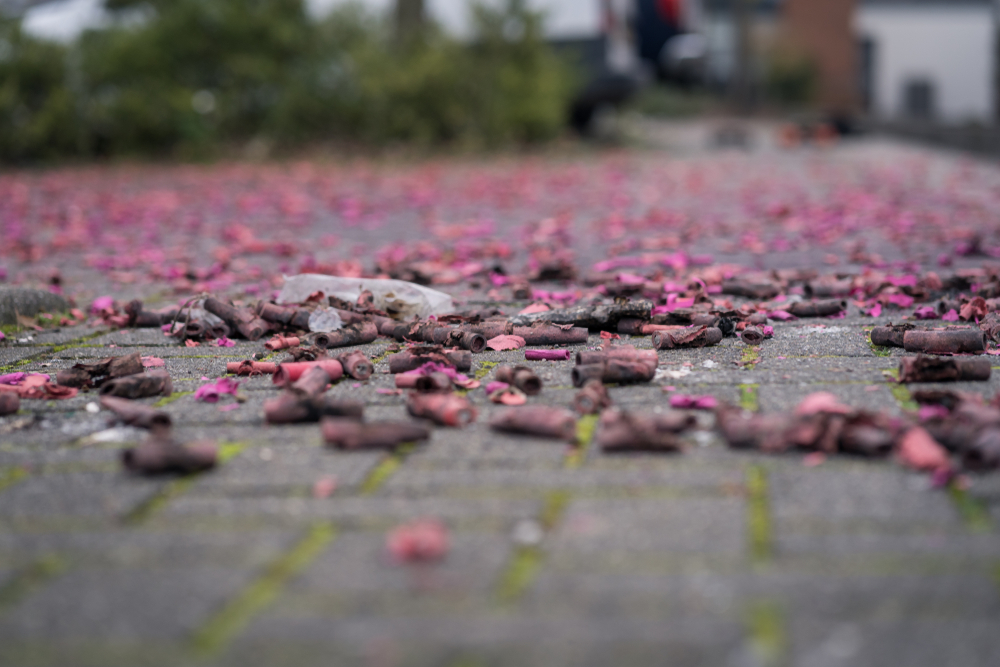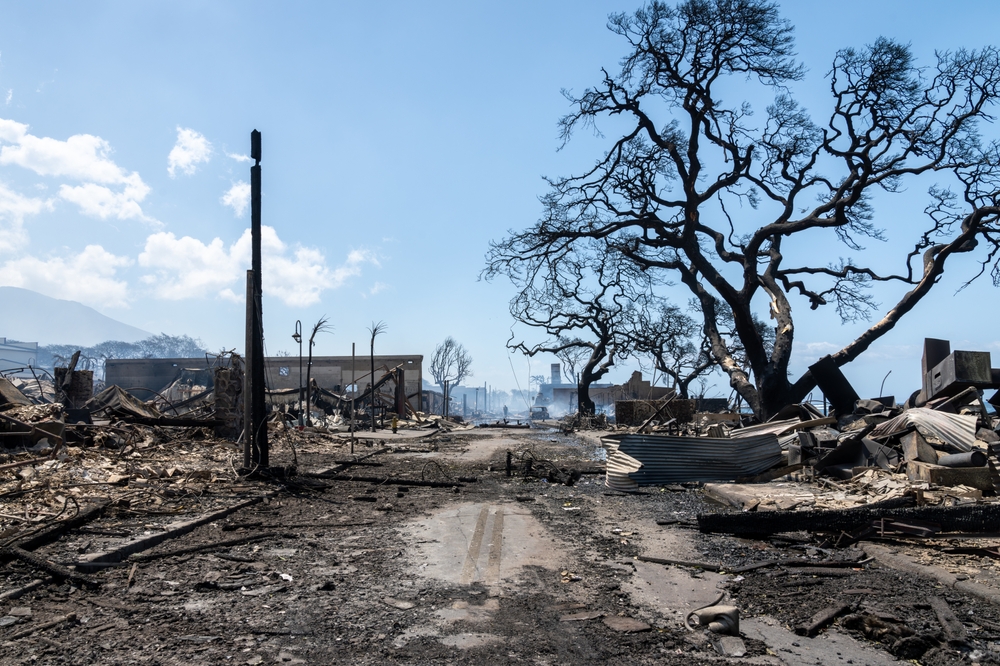A majority in the House of Representatives appears to favour a ban on consumer fireworks. The House will vote on the legislative proposal submitted by GroenLinks-PvdA and Partij voor de Dieren next Tuesday. Resource interviewed associate professor disaster studies Jeroen Warner, who is in favour of the ban on professional and personal grounds.
Why do you, as a disaster expert, think a ban is a good idea?
‘The Netherlands changes into a warzone around New Year’s Eve. Fingers are severed and eyes injured every year, and even deaths occur occasionally. Each culture has its own way of dealing with such risks, but this is among the most incomprehensible cultural factors our country has. In addition to posing a safety hazard, fireworks are detrimental to air quality and cause significant stress to animals, both domestic and wild. Scientific studies have shown that millions of animals flee the noise and lights during New Year’s Eve. The Netherlands does not take fireworks sufficiently seriously.’
Does this concern you on both a professional and personal level?
‘It does. I was living in Enschede when the fireworks disaster occurred (see box, ed.) I was out of town when the explosion took place. Upon returning, there was a huge cloud of smoke hanging over my neighbourhood, and it still wasn’t safe. There was a risk that a large storage tank with ammonia on the Grolsch brewery grounds would explode. A study conducted by Twente University later showed that half of Enschede would have been demolished if this had indeed happened. If it had, I wouldn’t be sitting here today. Going through such an event is quite existential. I later studied the impact of the event. A disaster that could have been avoided caused persistent mental and physical damage to people. After all, unlike natural disasters, this disaster was unnecessary. Still, not enough was learned.’
Critics say enforcing a ban on fireworks is almost impossible. What is your view?
‘Enforcement is not all. The ban on smoking was not enforced by police at the time and was not followed perfectly at the beginning. But it changed the norm. The fireworks tradition is a cultural phenomenon. And cultures can change. You must also remember that the tradition is a relatively new one. Consumers setting off fireworks only started in the seventies. I don’t think it will be quiet during New Year’s Eve this year or next year – it was not during the COVID-19 pandemic when there was a ban, either. But I believe such a relatively new tradition can be extinguished.’
Fireworks disaster
On Saturday, 8 May 2000, almost 25 years ago, a fireworks storage facility belonging to SA Fireworks exploded in Enschede. A total of 177 tonnes of fireworks exploded, leaving 23 dead, just under a thousand injured, and hundreds of houses demolished. The mental impact was lasting, Warner wrote in an article published in the International Journal of Disaster Risk Reduction in 2021.

 ‘The Netherlands is like a warzone on New Year’s Eve, with eyes and fingers being severed. Photo Shutterstock
‘The Netherlands is like a warzone on New Year’s Eve, with eyes and fingers being severed. Photo Shutterstock 
